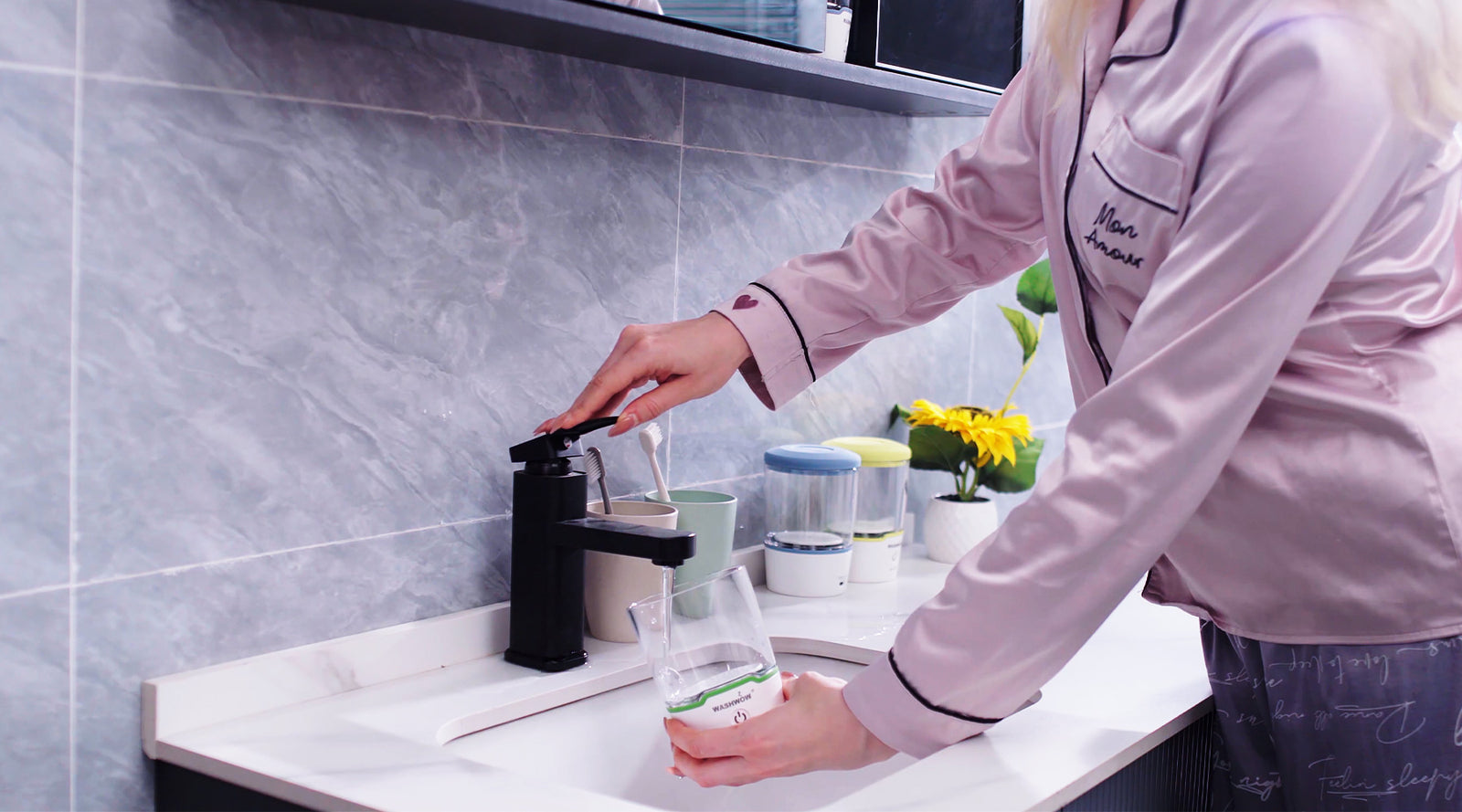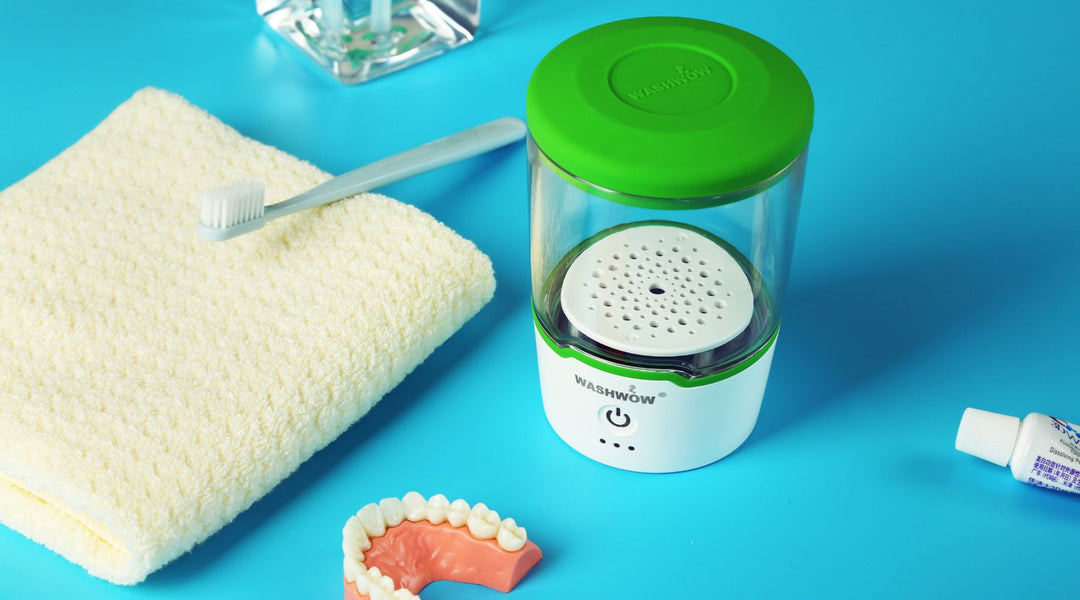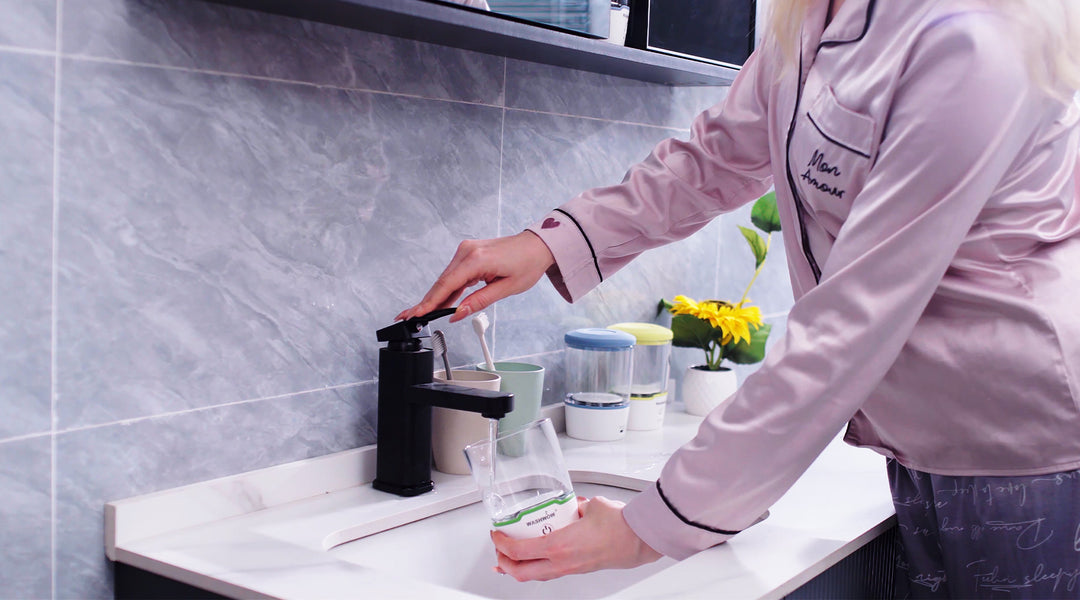Why is Tap Water Always Chlorinated?

Tap water undergoes a crucial disinfection process, with chlorination being the most commonly employed method. This choice is backed by several compelling reasons, making chlorination the preferred approach to ensure safe and clean tap water for communities.
Chlorination stands out as a highly effective method for disinfecting tap water due to its remarkable ability to neutralize a wide array of microorganisms. These microorganisms encompass bacteria, viruses, and protozoan parasites, all of which can pose significant health risks. By utilizing chlorine, this disinfection process plays a crucial role in rendering these pathogens inactive, thereby reducing the likelihood of waterborne illnesses.
Moreover, chlorination inhibits the regrowth of bacteria. By maintaining a residual level of chlorine in the water distribution system, the disinfection process provides ongoing protection against potential recontamination during the storage and transportation of tap water. This ensures that water remains safe from harmful microorganisms throughout its journey to consumers.
Chlorination is suitable for disinfecting tap water from various sources and qualities. Whether the water is sourced from rivers, lakes, groundwater, or municipal supplies, chlorination proves versatile in effectively treating different types of water. This flexibility makes chlorination a practical and widely applicable choice for ensuring the safety and quality of drinking water in diverse settings.
Furthermore, chlorination aligns with regulatory standards and guidelines established by many countries. These regulations mandate the disinfection of drinking water to safeguard public health. Chlorination has gained widespread recognition and approval as a reliable method to meet these regulatory requirements. Water treatment facilities diligently adhere to these regulations to ensure that the water supplied to consumers consistently meets stringent safety standards.
In conclusion, chlorination plays a crucial role in guaranteeing the safety and quality of tap water. Its effectiveness in microorganism inactivation, ability to inhibit bacterial regrowth, versatility in treating different water sources, and compliance with regulatory standards have solidified its position as the preferred method of tap water disinfection. By recognizing the importance of chlorination, we can truly appreciate the extensive efforts undertaken to provide clean and safe drinking water to communities worldwide.





Leave a comment